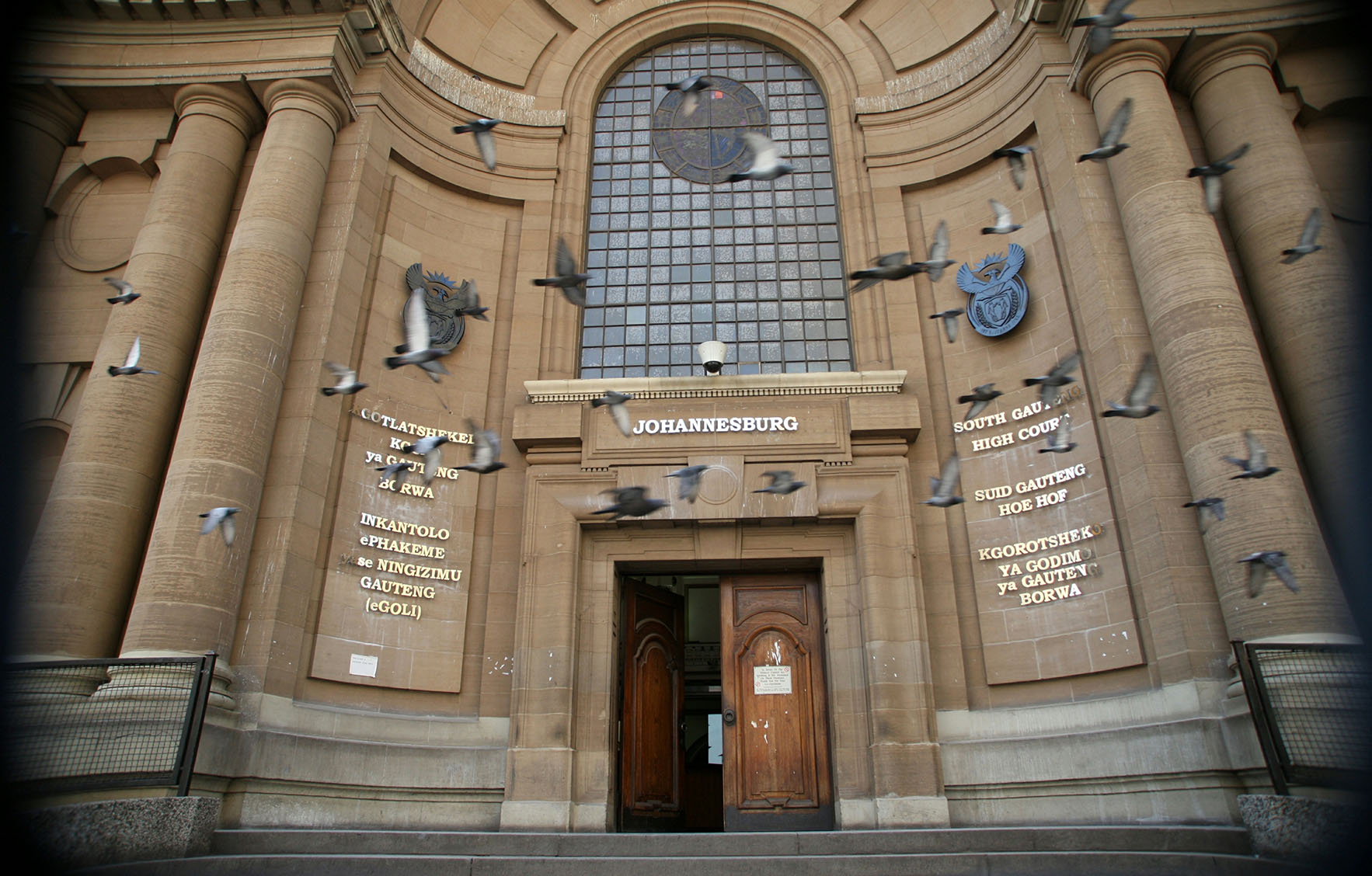Twelve years ago, the Gauteng Division of the High Court in Johannesburg ordered that the illegal residents of Chung Hua Mansions in Jeppe Street be evicted and that the City of Johannesburg provide temporary shelter for those affected within six months.
The building, situated at 191 Jeppe Street, Johannesburg, had 11 storeys and was known as Chung Hau Mansions. At the time 249 people were living in the property unlawfully, and it was known to be a hijacked building.
The high court, back then, ordered the eviction of the residents and further ordered the City of Johannesburg to provide alternative temporary shelter to those who were evicted by 15 February 2013.
The City of Johannesburg did not comply with this order. Those faced with eviction got a court order to compel the metro to act. The City of Johannesburg also did not act on this order.
In April 2013 another order was issued by the high court to three officials to comply with orders to provide temporary shelter. These were not acted upon.
The City of Johannesburg then launched an appeal but its efforts to access both the Supreme Court and the Constitutional Court were dismissed. Further litigation followed.
Residents were finally provided with temporary shelter on 10 January 2016.
Read more: Joburg ‘dark buildings’ owners blame City for hijacking crisis and lack of emergency accommodation
The property was renovated and is now rented out to students.
The property holding company, Changing Tides 74, contended that it had suffered financial damages because the City of Johannesburg failed to comply with the first court order.
It won its case with the court ordering that damages of R12.3-million and interest charged at the highest legal amount be paid to it by the City of Johannesburg.
The City of Johannesburg’s defence was that it could not be made to comply with the court orders due to there being “no available resources”. Its legal team further argued that it worked within the parameters of its available resources to effect the policy and the constitutional imperative against homelessness. It relied on numerous “tenders” of temporary accommodation, which it alleged it made in compliance with the court order.
However, these were wholly unsuitable. According to papers before the court, one of the offers was for beds available at the Ekuthuleni Shelter that, at the time, were already occupied by other individuals, and people were not allowed to be there during the day.
The second tender was in respect of accommodation in the Linatex Building, where children were not allowed and spouses or life partners were not allowed to live together.
Thirdly, after being pushed by the court, the metro indicated that it would build a temporary relocation area, but in September 2015 City officials admitted that they had not even been able to gain access to the properties that the City had allegedly demarcated for the construction of this facility.
Read more: City of Joburg’s bid to provide emergency accommodation highlights housing crisis
The legal team for Changing Tides 74 argued that the residents who lived in the hijacked building had no choice but to remain in unlawful occupation of the building that, at the time, was deteriorating badly and had become unsafe.
Judge Dephney Mahosi dismissed the metro’s defence that it did not have available resources, saying that the order of court, which had not been taken on appeal, was to provide temporary accommodation “ irrespective of the City’s financial position”. The metro also never applied for a variation of the court order.
“In addition, there is no dispute that the City of Johannesburg agreed to 30 January 2013 as the date by which it was required to provide the occupiers with temporary emergency accommodation. It did so in the full knowledge of its financial resources, budgets and so-called ‘earmarked’ funds… and its increased obligations to provide temporary emergency accommodation to unlawful occupiers evicted by private landlords as well as those evicted by the City,” Judge Mahosi said.
Read more: A glimpse into habitation, decay and hope amid hijacked buildings crisis
She added that it was a further sign of the City’s recklessness in dealing with the issue that it only made a plan after the mayor, municipal manager and director of housing were facing contempt proceedings.
“This was notwithstanding its alleged lack of financial resources or earmarked budget, and its purported lack of any available facilities for the period between January 2013 and late 2015,” Judge Mahosi said.
She also ordered that the City pay the maximum rate of interest on the damages amount, currently set at 11% as of 1 March 2025.
She also made a punitive cost order against the metro for its “Stalingrad approach to the litigation”.
The full judgment can be read here. Daily Maverick is awaiting comment from the City of Johannesburg. DM
South Africa
Court slams City of Johannesburg for failing to provide temporary shelter to evicted residents
A property company has won a precedent-setting lawsuit in the Gauteng Division of the High Court in Johannesburg after the City of Johannesburg’s defence that it had no money to comply with a series of interdicts was dismissed. The City was ordered to pay R12.3-million and interest in damages to the company for loss of income.





